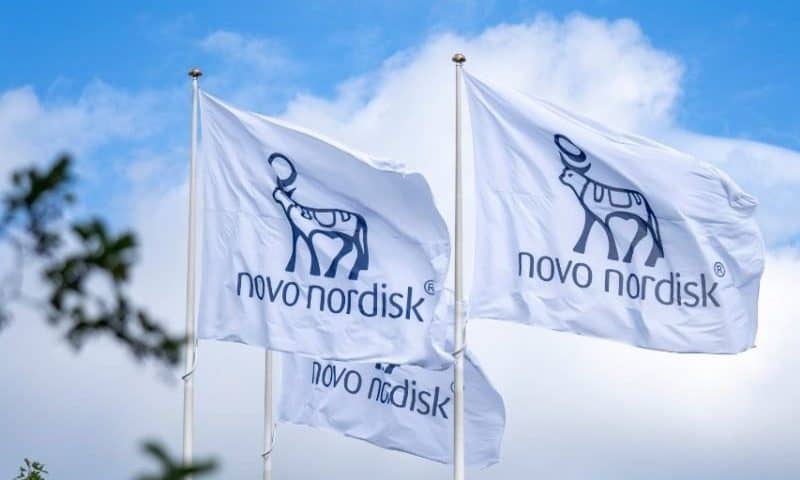To make it easier for people with diabetes to track their insulin doses, Novo Nordisk has inked a deal with devicemaker Biocorp to smarten up its line of mass-produced, disposable insulin pens.
Biocorp’s Mallya digital device clips directly onto prefilled insulin injectors and logs delivery amounts and times by linking to a smartphone via Bluetooth. The French company has already been tapped by Roche to connect pens to its diabetes care platform to help share patients’ treatment information with their healthcare providers.
The new deal with Novo Nordisk provides for the reusable Mallya’s eventual distribution after a new version has been proven to work with the company’s FlexTouch insulin pen.
FlexTouch—which carries most of Novo Nordisk’s insulins and will serve as a platform for all new insulins going forward—features a unique, push-button dosing mechanism that required a redesign of the current Mallya device, which previously received a CE mark for use in Europe.
In a statement, Biocorp CEO Éric Dessertenne described the project as a huge recognition of Mallya’s potential, with Novo Nordisk providing almost half of the insulin used worldwide while distributing more than 500 million insulin pens to 30 million users in 2020 alone.
Biocorp is set to receive an upfront payment as well as milestone funding tied to the new device’s development. The exact amounts were not disclosed, but the companies expect to be able to ramp up production starting in 2022.
Earlier this month, Biocorp announced a deal to expand Mallya’s scope, working with Germany’s Merck KGaA to develop a specific version to help monitor injections of human growth hormone among children and teenagers with certain hormone deficiencies.
Over the first half of this year, Biocorp posted an operating loss of about 1.3 million euros, or about $1.5 million U.S., with revenues of 3.8 million euros being outpaced by 5.2 million euros in operating expenses.
Dessertenne said, “the prolonged COVID-19 crisis and Big Pharma’s priority choices have clearly slowed patients’ adoption of Mallya,” and added that its commercial alliances with Roche—as well as a digital insulin pen partnership with Sanofi, launched in late 2019—have had only marginal impacts so far, with their full effects expected to come next year.

